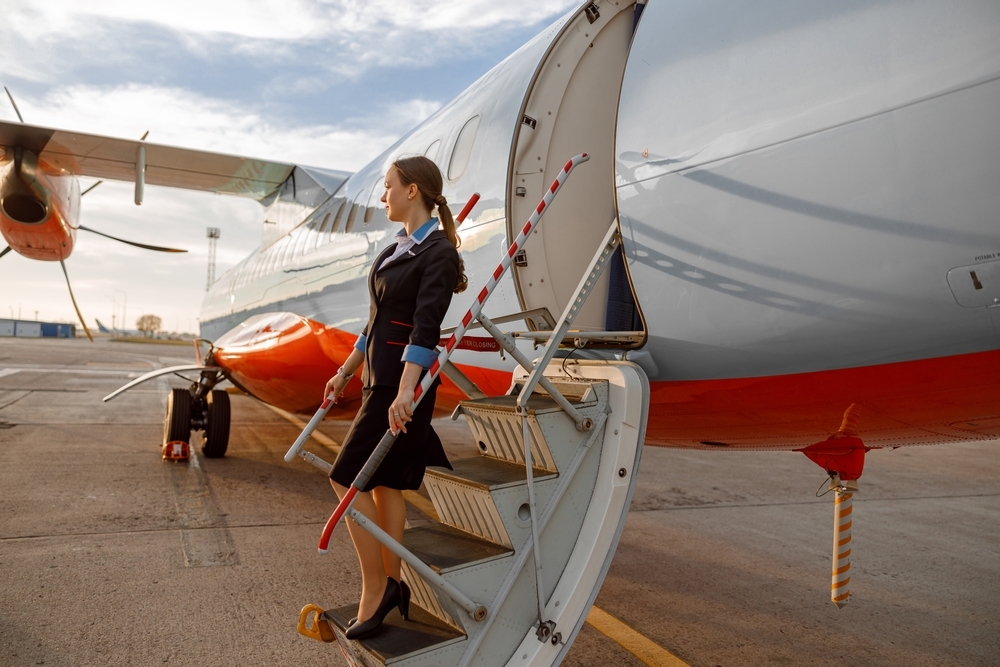When it comes to aviation, cabin crews play an essential role in ensuring the safety and comfort of passengers. However, the roles and responsibilities of commercial and private jet cabin crews can vary significantly. Jainita Hogervorst, Director of Aerviva Aviation Consultancy, a Dubai-based international consultancy specialising in aviation recruitment and document management, notes that while commercial and private jet cabin crews have some similarities, their demands and expectations can be vastly different.
According to Jainita, becoming a cabin crew is a profession with a lot of potential. “Based on data from Statista, over the next 20 years, Europe will require about 170,000 new flight attendants for commercial aviation and around 8,000 for business aviation. Yet, the expected number of new specialists needed is not the only difference between these career paths. Therefore, it is vital for aspiring aviation professionals to understand these distinctions before pursuing a career in this field.”
Safety is the top priority for both commercial and private jet cabin crews. “They undergo thorough training to handle emergency situations and ensure all safety protocols are followed. In addition to their safety-related responsibilities, cabin crew members also provide essential customer service and hospitality duties, including serving food and drinks, arranging seating, and assisting passengers with their inflight luggage,” she explains.
Although both professions share similarities, there are notable differences between commercial airline and private jet cabin crews. “Commercial airline cabin crews typically work on larger planes, such as Airbus and Boeing, and serve a greater number of passengers, whereas private jet cabin crews operate on smaller planes, for example, Bombardier, Gulfstream, and Embraer that can be modified in accordance with specific owner’s needs. Furthermore, private cabin crew usually work with fewer passengers. Additionally, commercial airline cabin crews encounter a diverse range of passengers, including families, business travellers, and tourists, while private jet cabin crews cater to a more exclusive clientele, such as celebrities, business executives, and affluent individuals,” she says.
Furthermore, Jainita shares that there are differences in the adaptability requirements. “Commercial airline cabin crews enjoy more stability as they typically follow a fixed schedule, which includes a mixture of overnight, short, and long-haul flights. On the other hand, private jet cabin crews have more flexible schedules and may have to work irregular hours based on their clients’ travel needs, often with little notice.”
She adds that private jet cabin crews may have additional responsibilities beyond those of commercial airline cabin crews. “These can include managing catering services, overseeing aircraft maintenance, and arranging ground transportation for their clients. By contrast, commercial airline cabin crews typically have more standardised duties that are specific to their role.”
Both commercial and private jet cabin crews play vital roles in ensuring the safety and comfort of passengers, however, the demands and expectations of these two professions can be vastly different. “Understanding these differences is essential for anyone interested in pursuing a career in aviation. The right career path for you will depend on your personal preferences, skills, and qualifications. With the right training and experience, a career as a cabin crew member can be a fulfilling and rewarding profession.”

